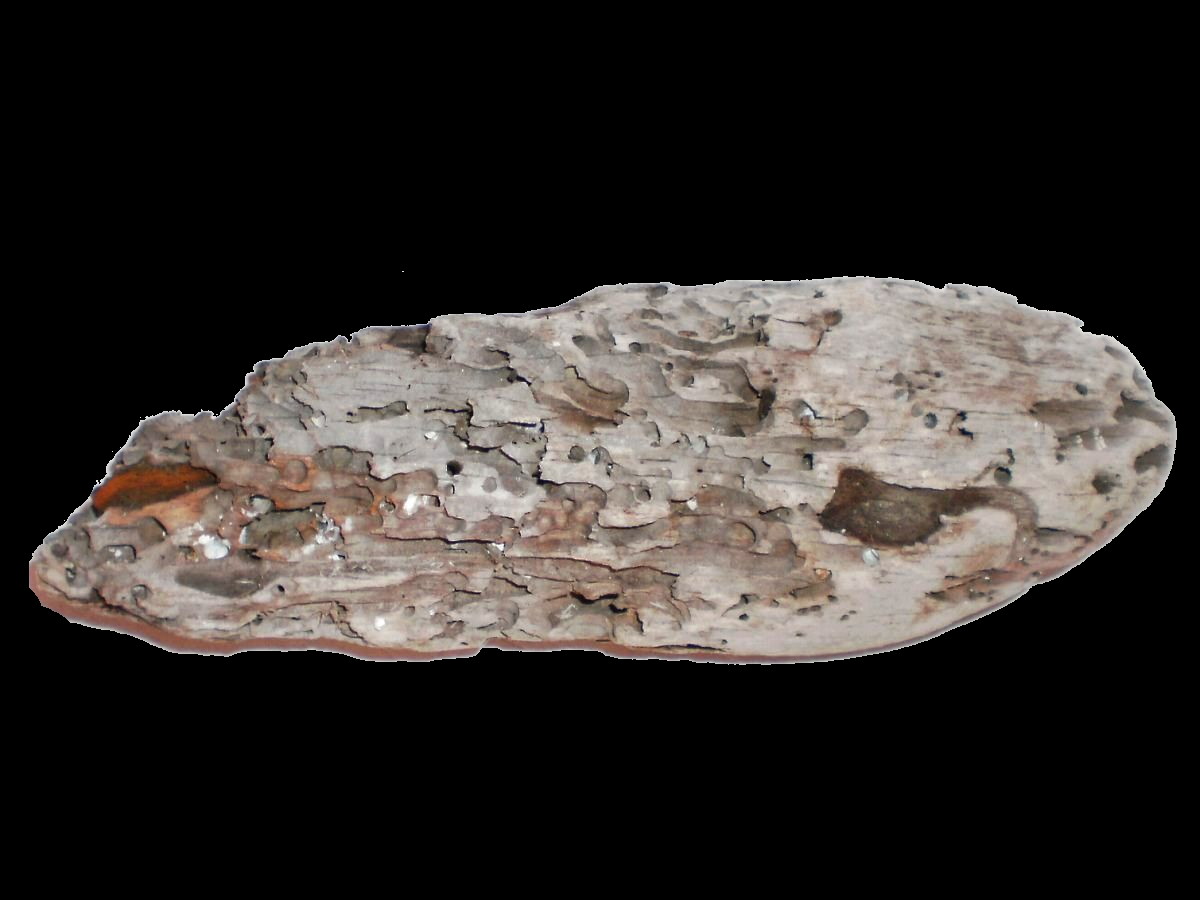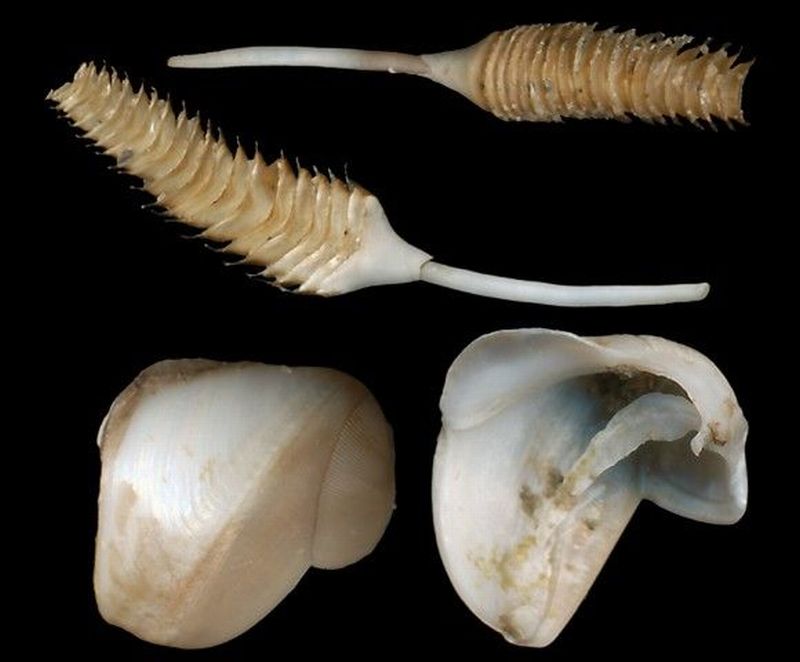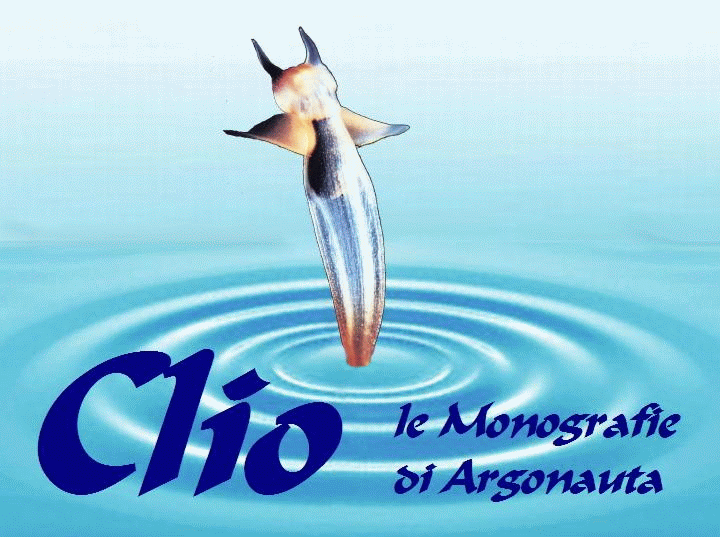Dove raccogliere
Strane case
Nella natura ciascuna specie di animali ha imparato a ricavarsi il posto pi¨ adatto per vivere. Si tratta di avere il cibo necessario per crescere e riprodursi e una "casa" dove mettersi al riparo da eventuali pericoli.

un click per ingrandire - a click to enlarge
Gli xilofagi
Alcuni molluschi si sono evoluti nel tempo sviluppando la capacitÓ di scavare nel legno un riparo sicuro ricavandone al contempo anche parte del nutrimento.
Ecco il loro nome che deriva dal greco "xilos" = legno e da "fagos" ossia "mangiatore".
Erano ben noti agli antichi navigatori che li temevano perchŔ, forando il legno delle navi, ne distruggevano la tenuta all'acqua indebolendone la struttura fino a creare pericolose falle nello scafo e quindi provocandone l'affondamento. Il rimedio era una attenta sorveglianza e una continua manutenzione e "calafatura" delle tavole.
Non ti sarÓ affatto difficile trovare pezzi di legno come questo per estrarne, se non tutto il mollusco, almeno le due piccole valve e, qualche volta anche le piccole "pale" scavatorie.
|
|
How to collect
Strange houses
In nature, each species of animal has learned to carve the perfect place to live. It is about having enough food to grow and reproduce and a shelter where they would be safe from possible dangers.

un click per vedere la scheda - a click to look at the sheet
The wood-boring
Some molluscs have evolved over time by developing the ability to dig into the wood a safe haven while also obtaining the food.
Here is their name derived from the greek "xylose" = wood and "fagos" meaning "eater."
They were well known to the ancient navigators who feared them because, by piercing the wood of the ships, they destroyed the water resistance of weakening the structure to create dangerous holes in the hull and then causing the sinking. The remedy was a close monitoring and ongoing maintenance and "caulking" of the tables.
You will not be at all difficult to find pieces of wood like this to extract, if not all of the oyster, at least two small valves, and sometimes even small "paddles" diggers.
|


